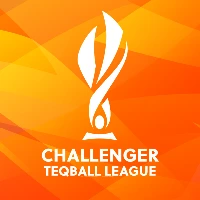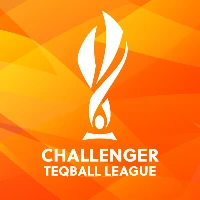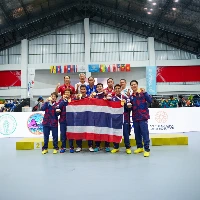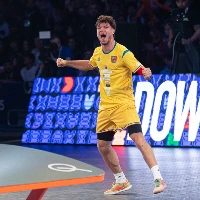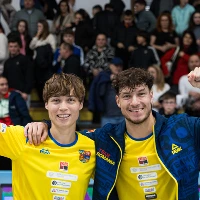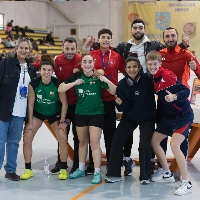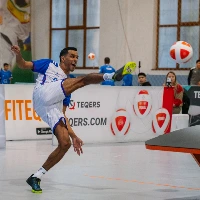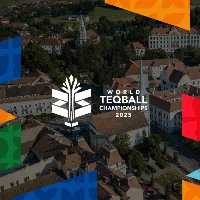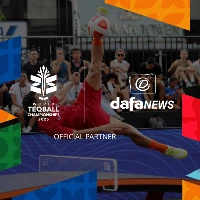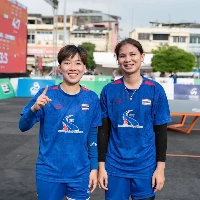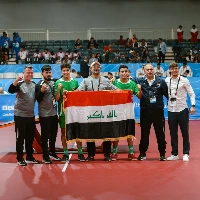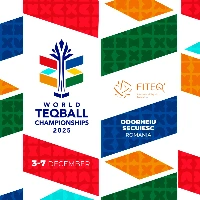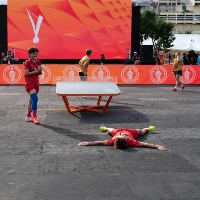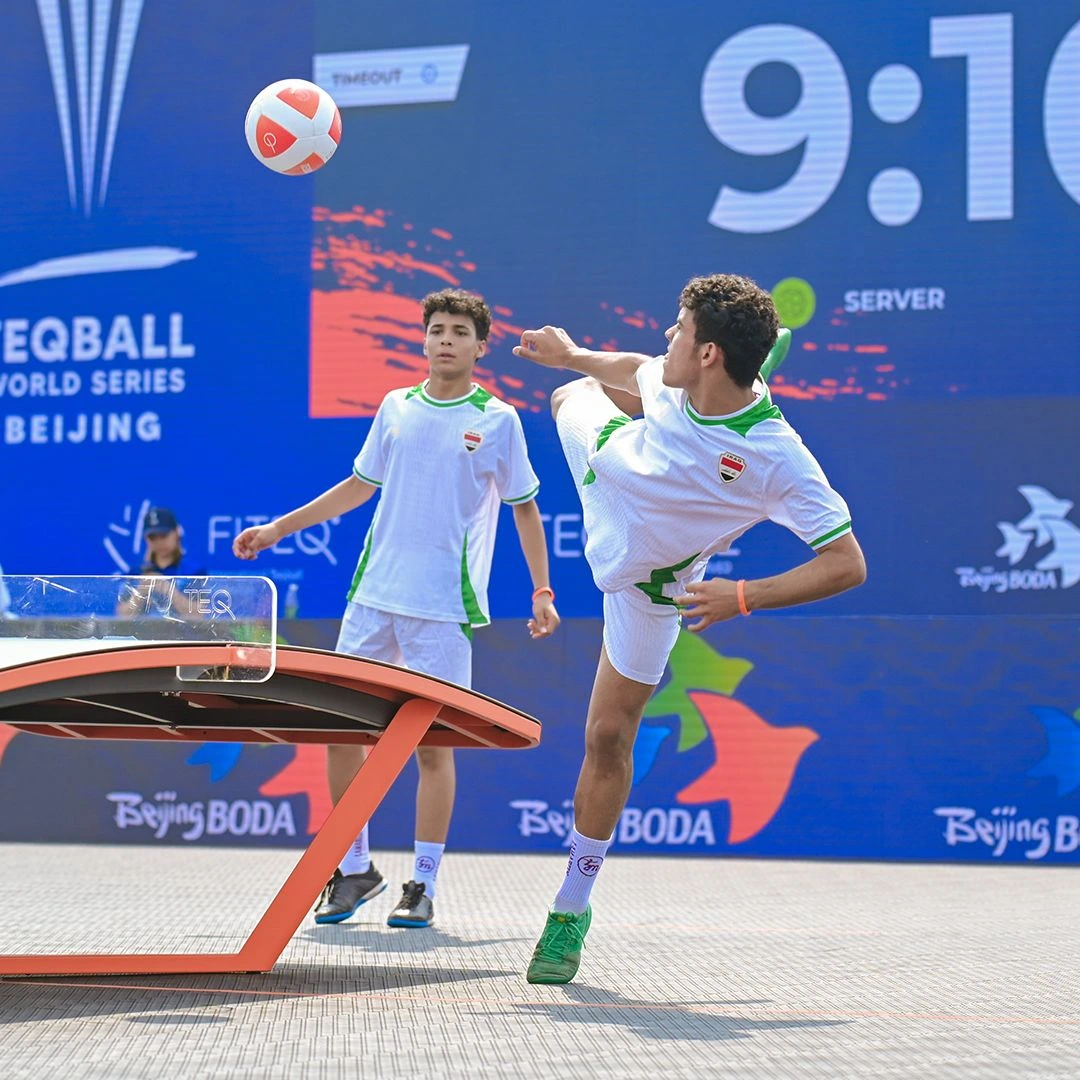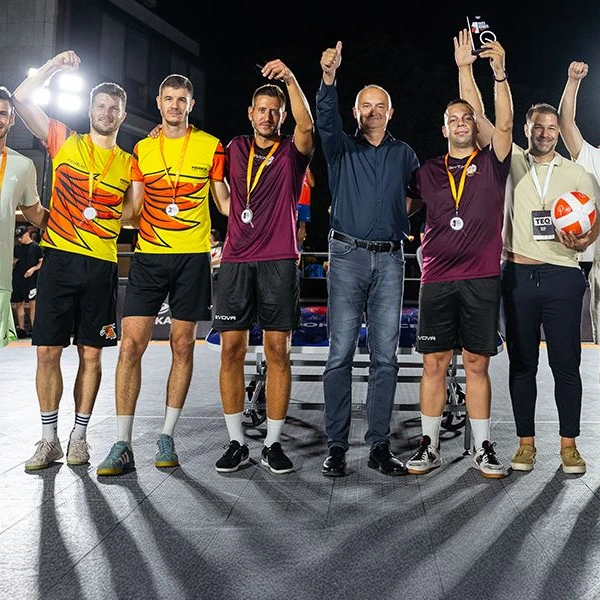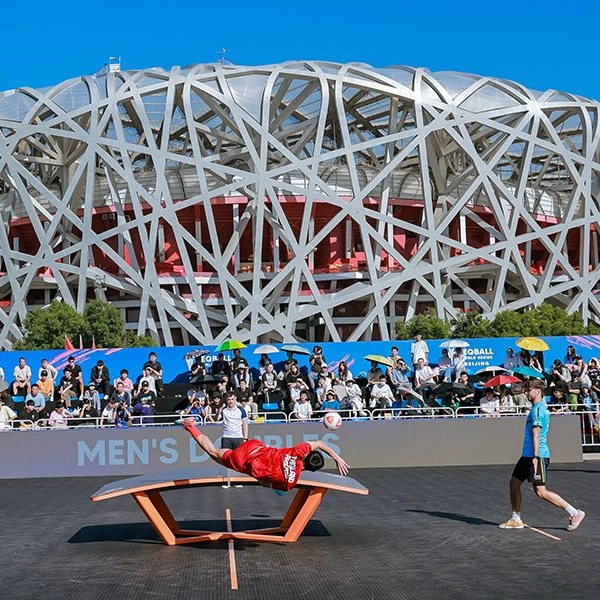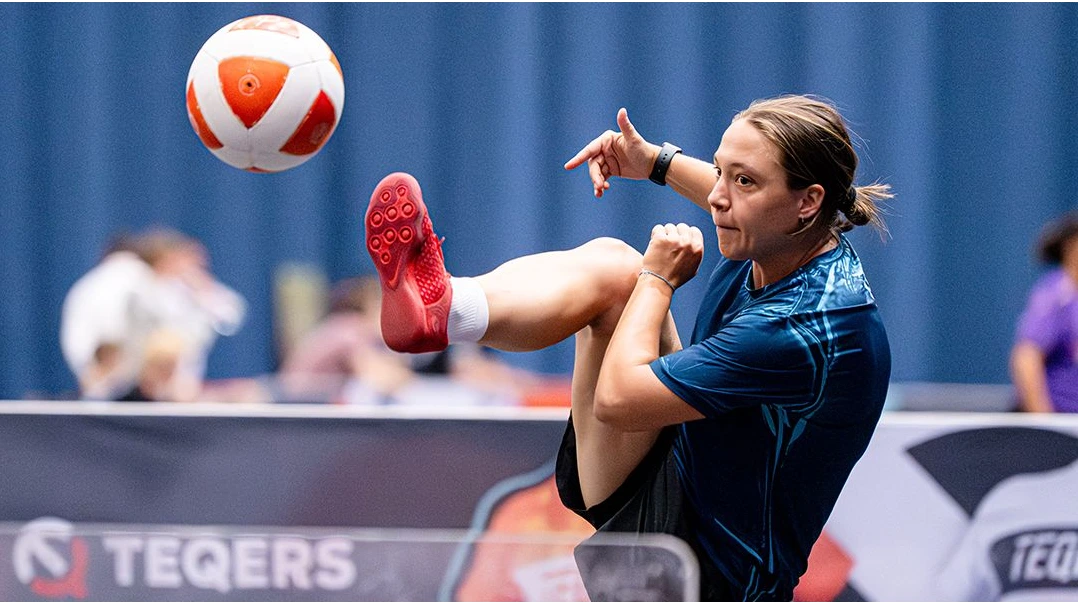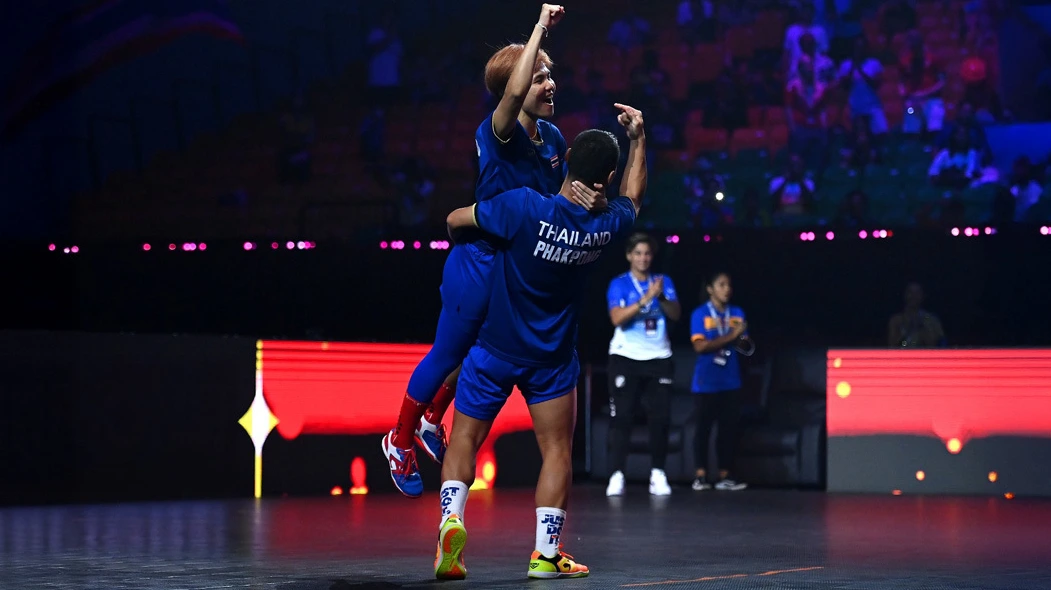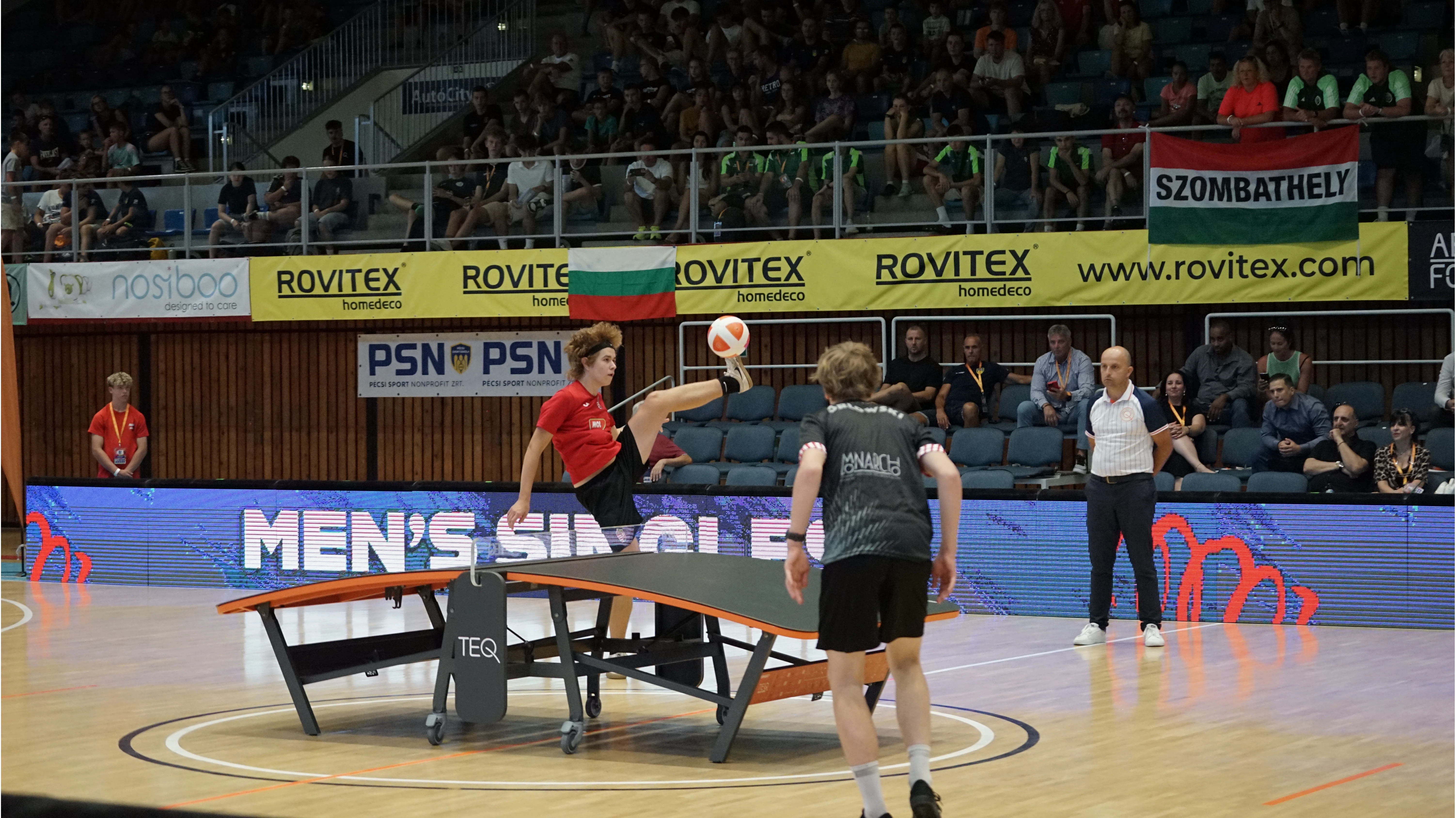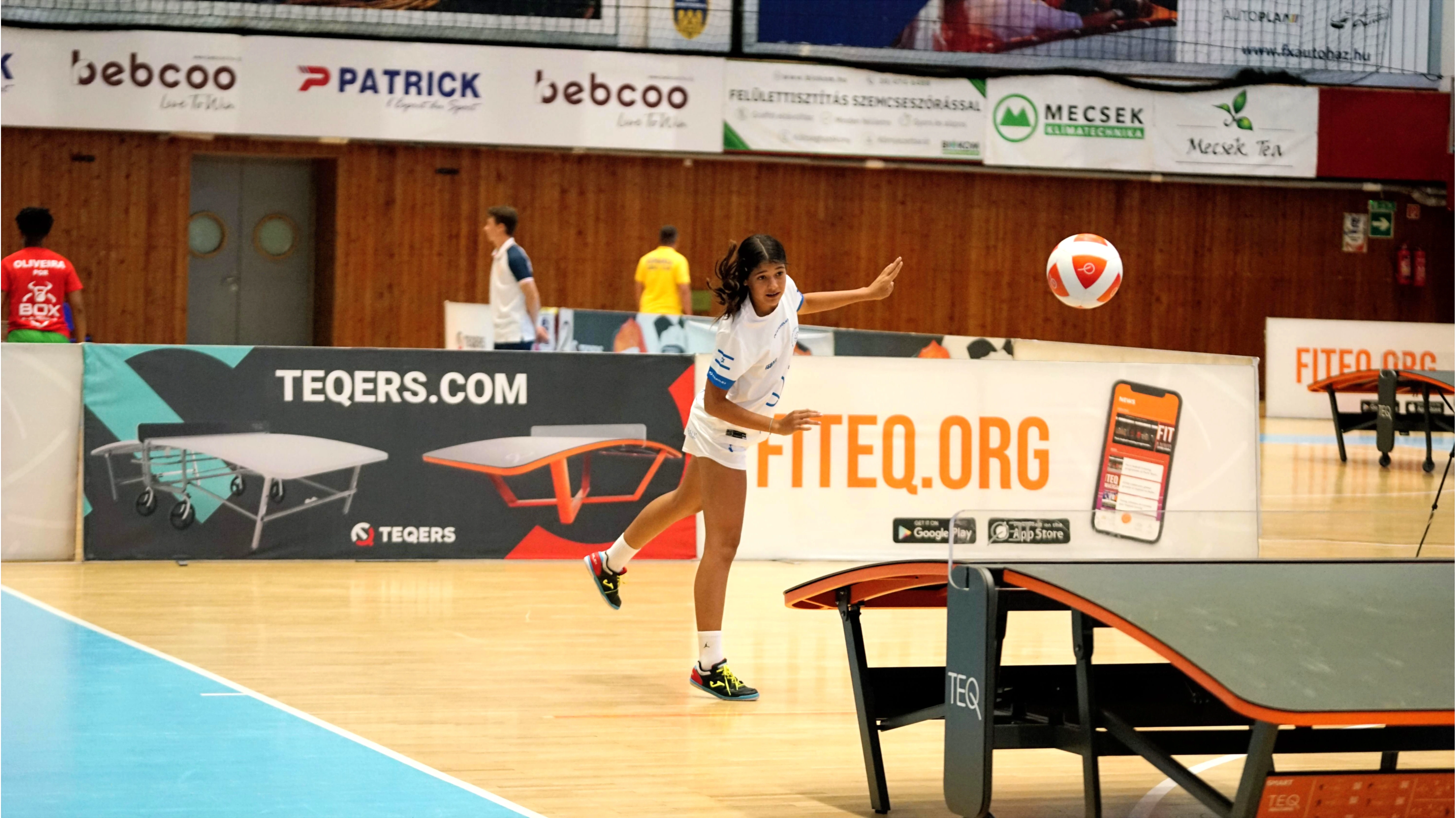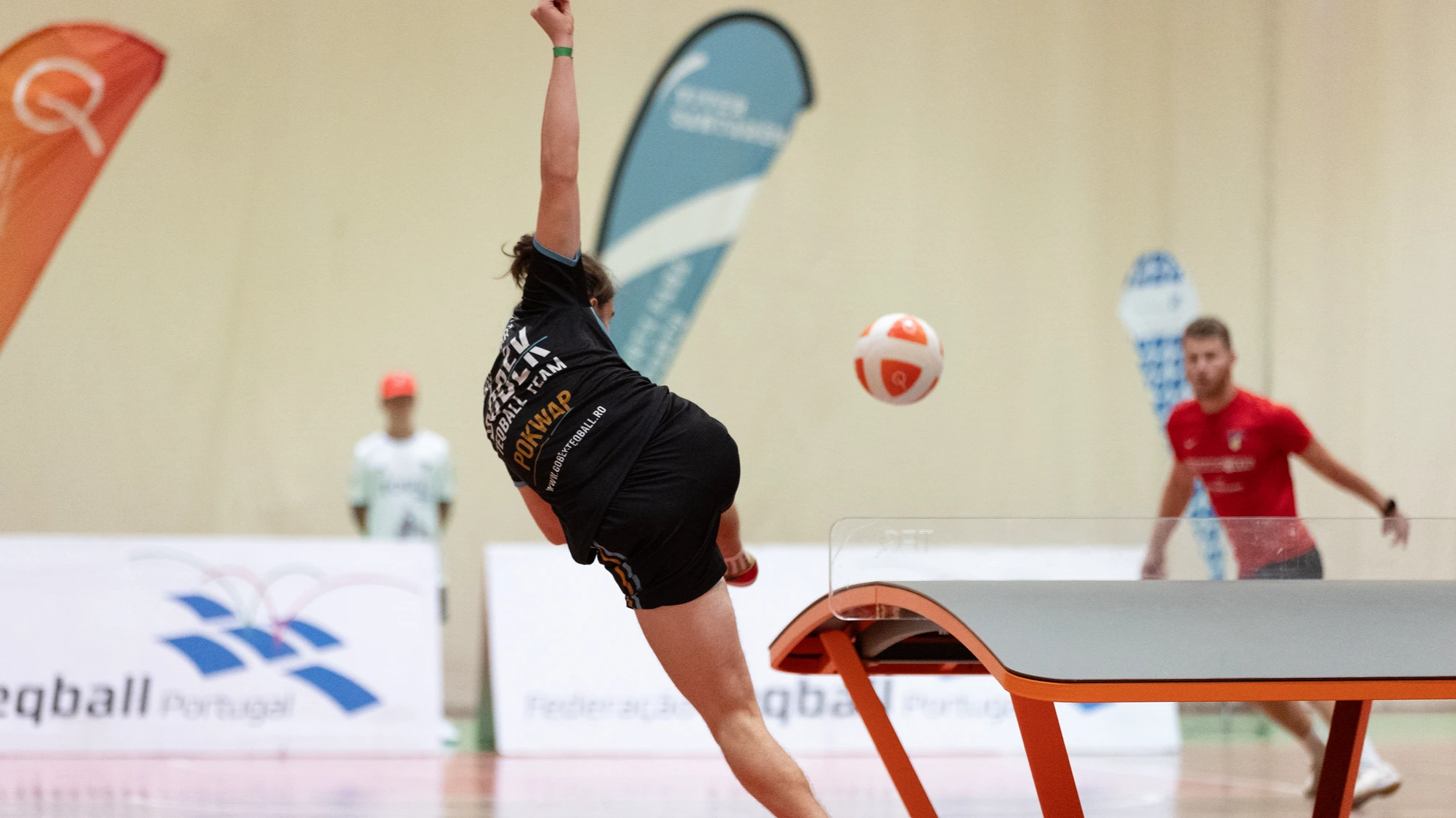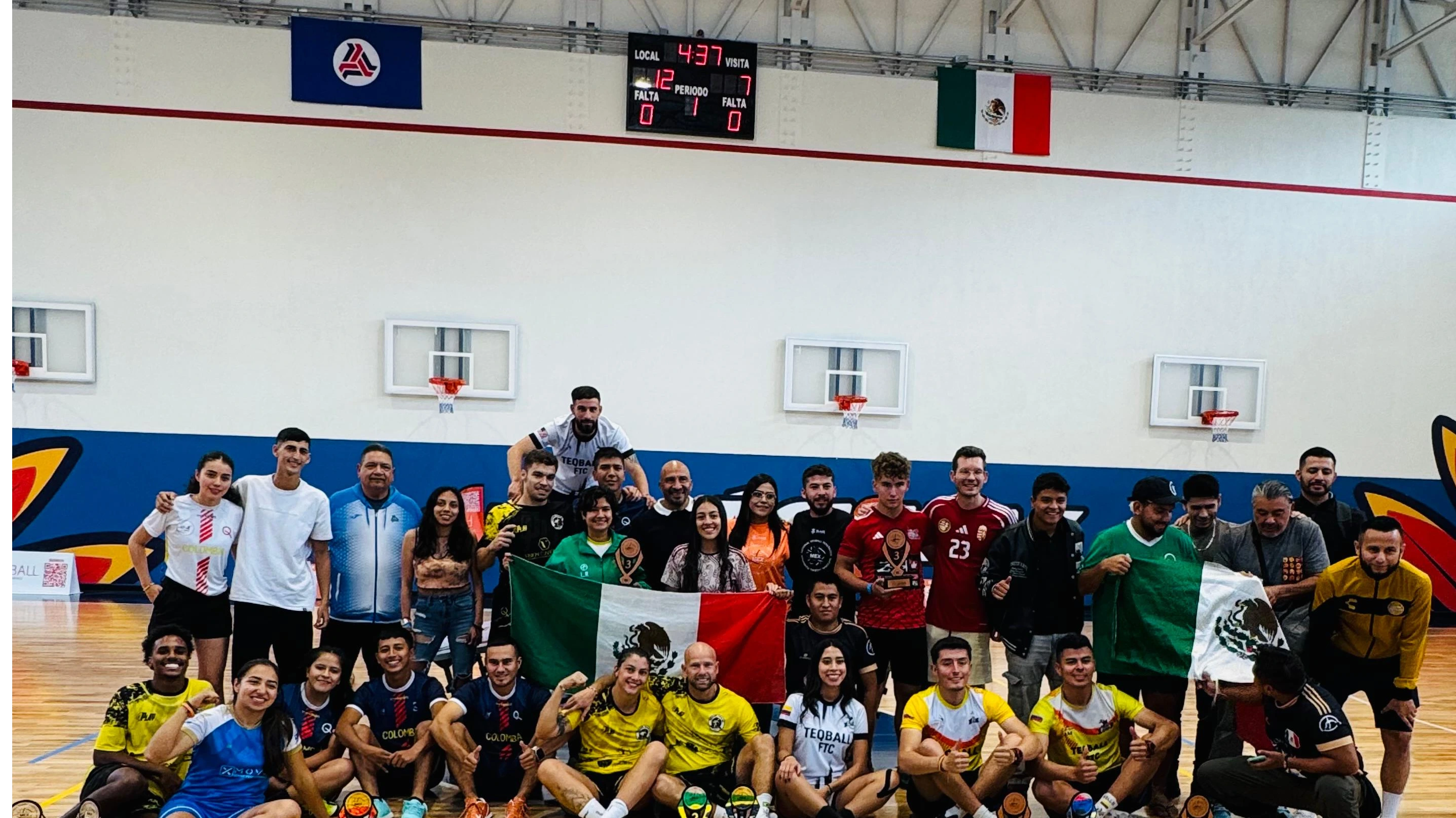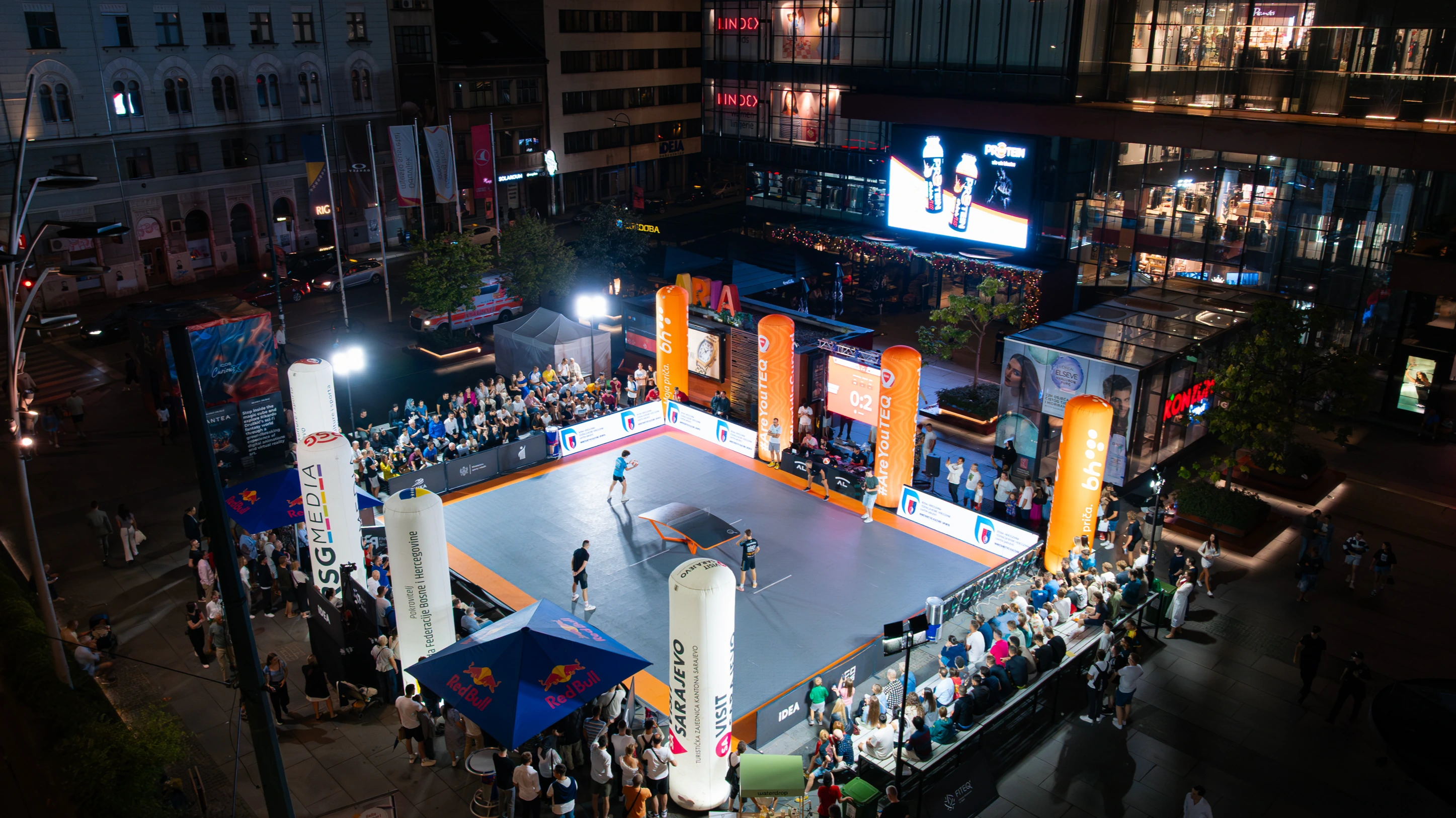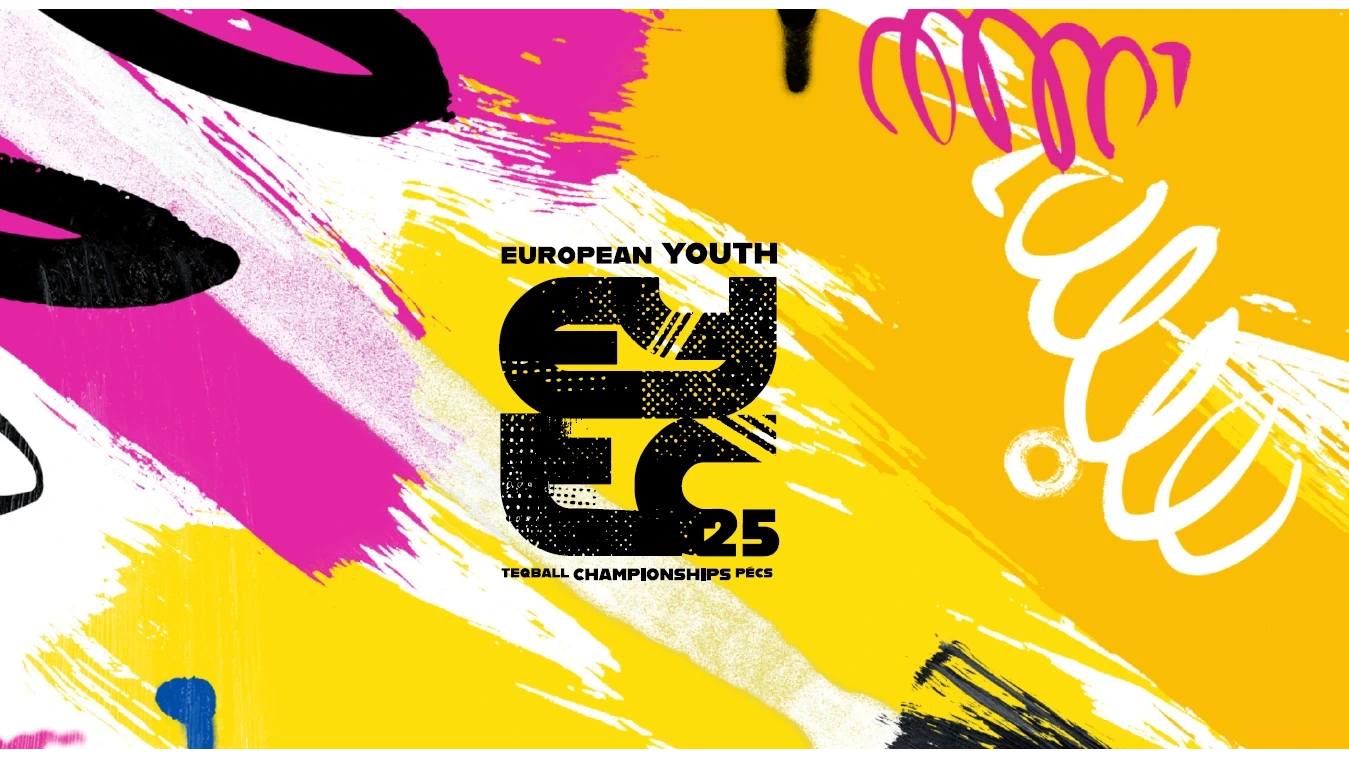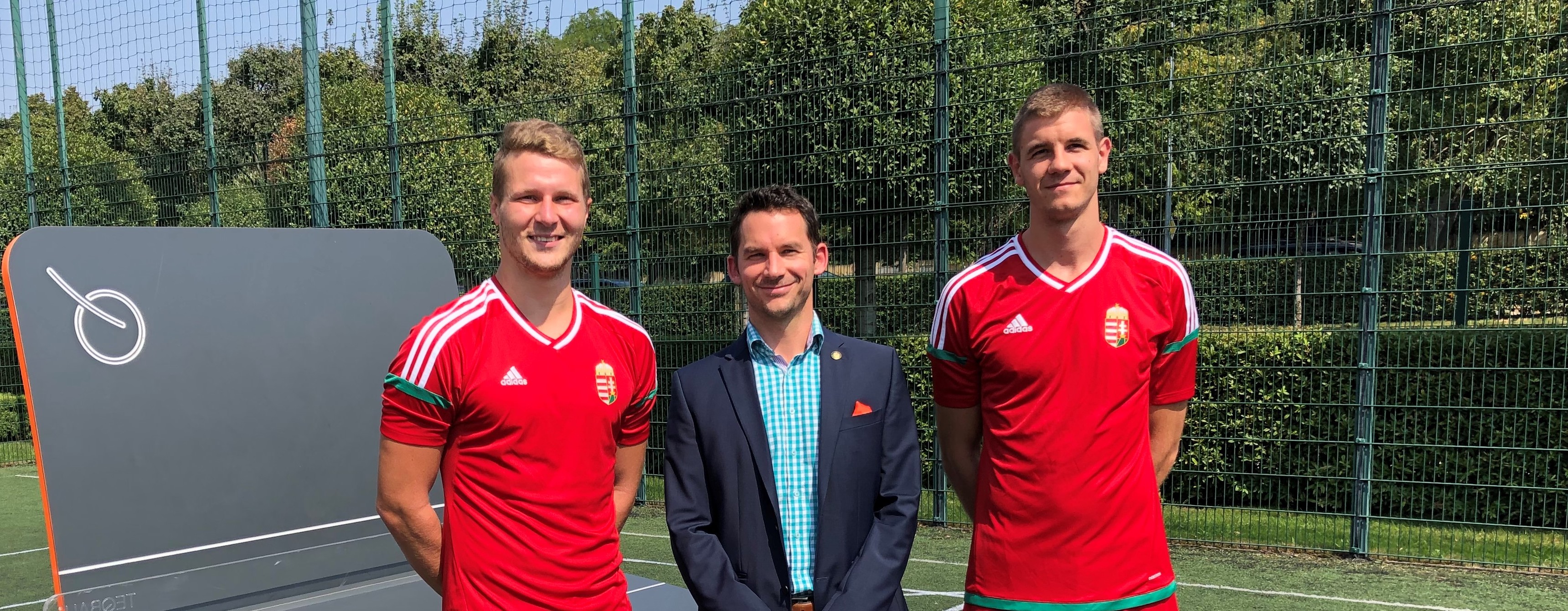
World Champs runners-up at FITEQ HQ
The 2018 Reims Teqball World Championships finalist doubles team from Hungary, Ádám Blázsovics and Csaba Bányik, visited us for a chat at the FITEQ headquarters! The pair were asked about their career, training environment and future plans, and they also showed off their skills at the table.
Could you tell us a bit about your background and how you discovered teqball?
Bányik: Like so many other players, I started my sport career in football, however, it was always just a hobby for me. We both go to the same university in Budapest; that is where we first discovered teqball during a school tournament. Initially, we played separately, but once the university installed a table on campus, we started practicing together and since then, we only compete together in doubles.
Blázsovics: Similarly to Csaba, I also come from the world of football. During my high school years, I played in my hometown’s football team and carried on playing for a while after I moved to Budapest. When our university got a table, Csaba and I started practicing together and it was not long until I decided to fully focus on teqball.
Tell us about your sports career. How have you developed over the years?
Bányik: The school tournament I mentioned was the first teqball competition that we ever competed in. I came second back then, and as far as I remember Ádám did not make it to the finals. Next year we formed a team and came second again; this was the point we decided we would practice more often. In 2017 we finished in second place at our first National Championship, so we did not make it to the first World Championships in doubles. Next year, we managed to win the National title which meant we represented Hungary at the World Championships. Although we lost against Montenegro in the finals it was an amazing experience.
Blázsovics: All I would like to add is that I also played singles in both the National Championships and the World Championships in 2017, where I managed to come home with a win. Also, one of the highlights of the 2018 season was our win at the Lupa Beach Teqball Cup.
Which club do you train at?
We are both members of the recently established Phoenix Teqball Academy. The club was founded to raise the profile of teqball both in Hungary and in the region by organising training sessions and competitions. We train five times a week; each session lasts around two hours. Beside this, we actively engage in the organisation and management of the club, ranging from administrative tasks to the organisation of competitions.
How does an average training session look?
We normally start with a 10-15 minute warm up, then we move on to skill development which takes up most of the session. This block is about practicing a certain technique or move repetitively in order to develop it to a very high level, and so avoid mistakes during competition. Since it’s only the two of us practicing together, we always try to come up with new exercises, otherwise training would be monotonous. It is important to highlight the importance of stretching for teqball – it not only prevents injuries but also helps with flexibility, a lack of which can be a hindering factor during games.
What are your goals for the season and in the long term?
Blázsovics: As players, we would like to qualify for the annual World Championships by winning the Nationals both in singles and in doubles. At the WCH, we are hoping for a shinier medal than last year – the goal is the first place. Besides, we would like to participate in competitions because it is the best feedback about the work we have been doing. Our civil life is also centred around teqball – we would like the club to continue developing and to become the leading teqball club in Hungary.
Bányik: We are organising multiple competitions this year, including the international I. Phoenix Teqball Cup held in August, where we managed to beat the current world champions from Montenegro in the finals. Until the end of the year there are two more tournaments planned; one regional cup for Hungarian age-group players and one international Challenger Cup. In the long term we would like to contribute to the development of this fantastic sport in Hungary with our coaching and sport organisation work. We picture multiple tournament series with a ranking system and leagues, and a massive increase in registered teqball players over the next few years. Also, we are really looking forward to seeing the growth and development of the sport worldwide – who knows, maybe we could even become Olympians in a decade 😊
Do you have any tips for beginners?
Blázsovics: Keep up the work, because it only seems hard in the beginning. If you are committed and hard-working it is very easy to become a good player, since the sport is very new. The best thing about teqball is that you can play it with anyone! At our club the age of the players ranges from 19 to 52, it is really for everyone.
Bányik: Practice a lot but most importantly enjoy yourself – this is the point of sports!
